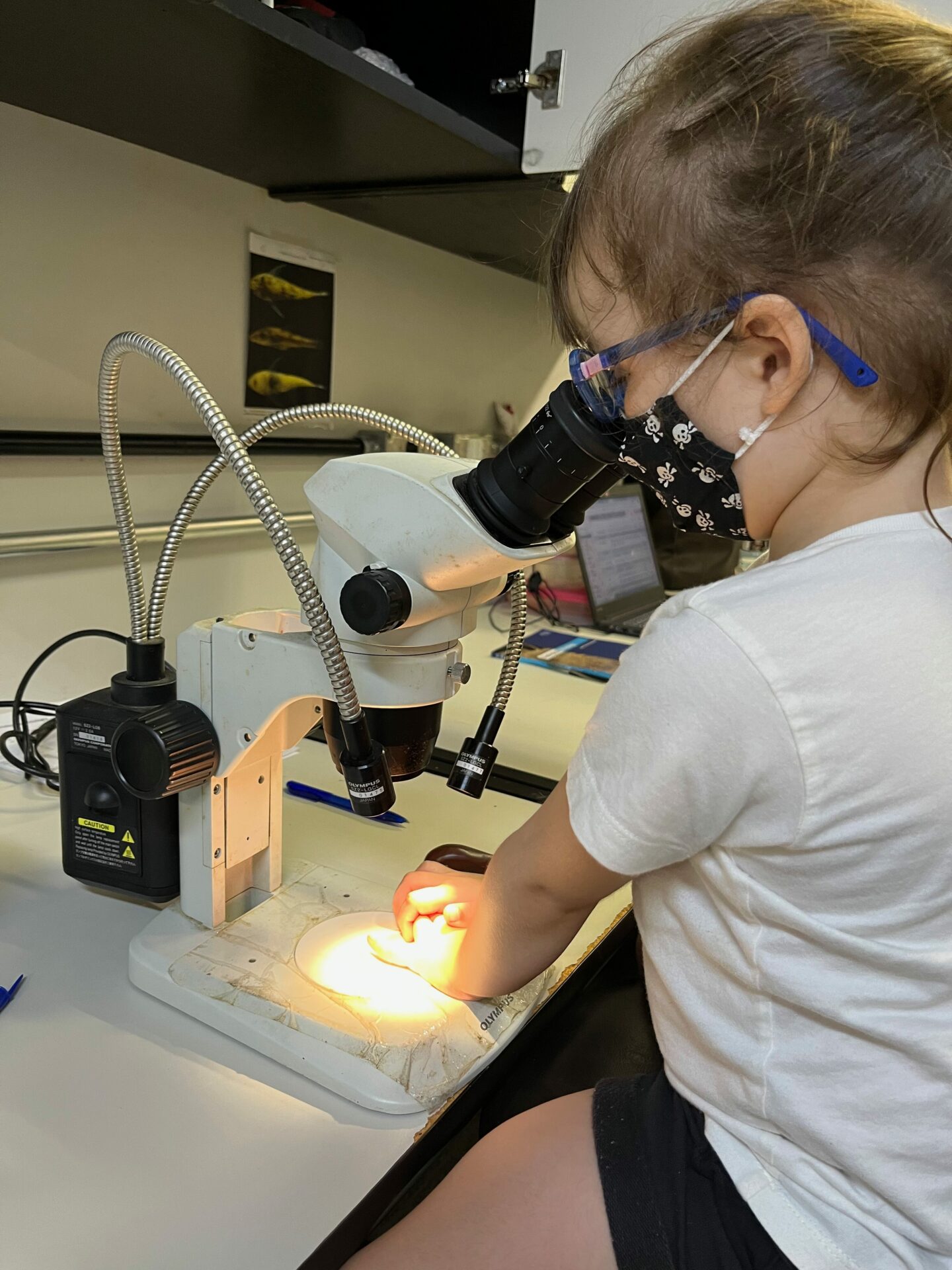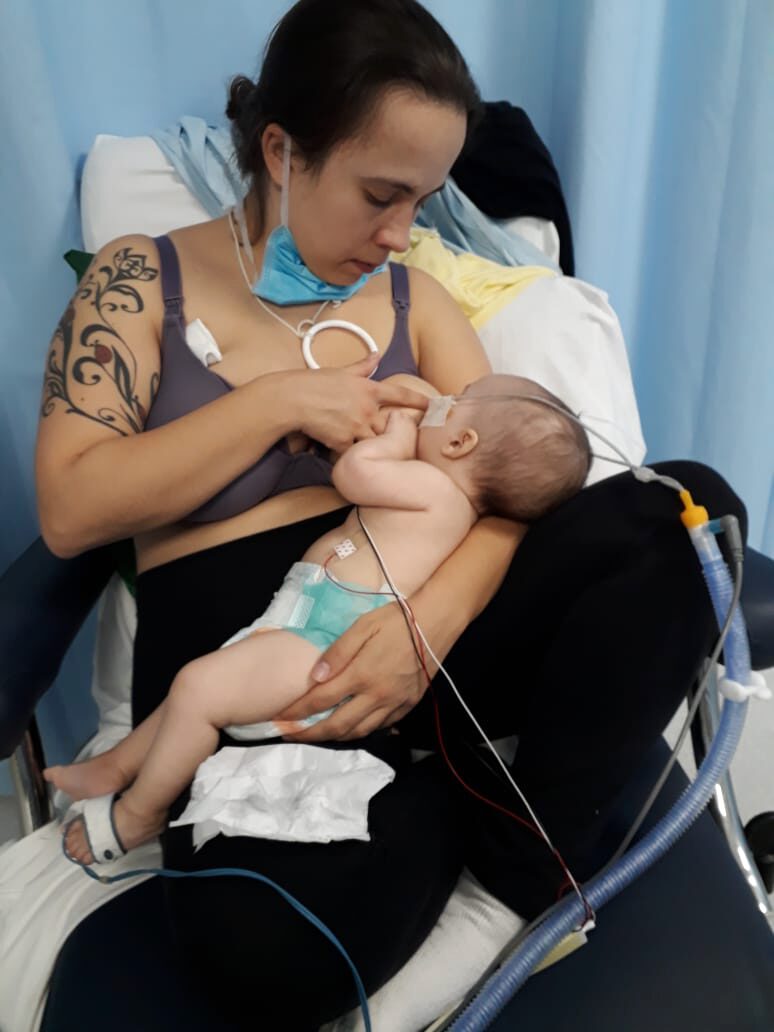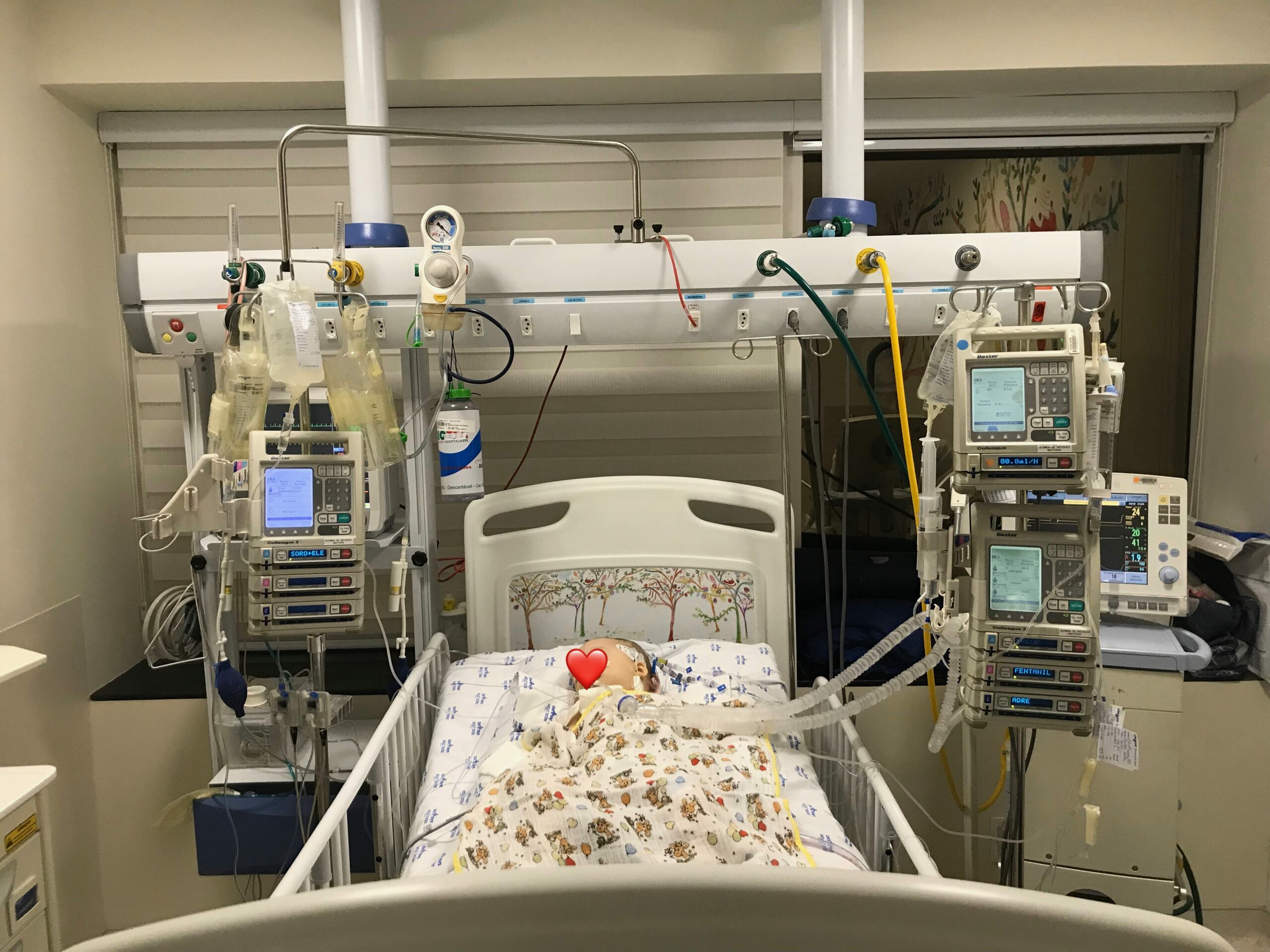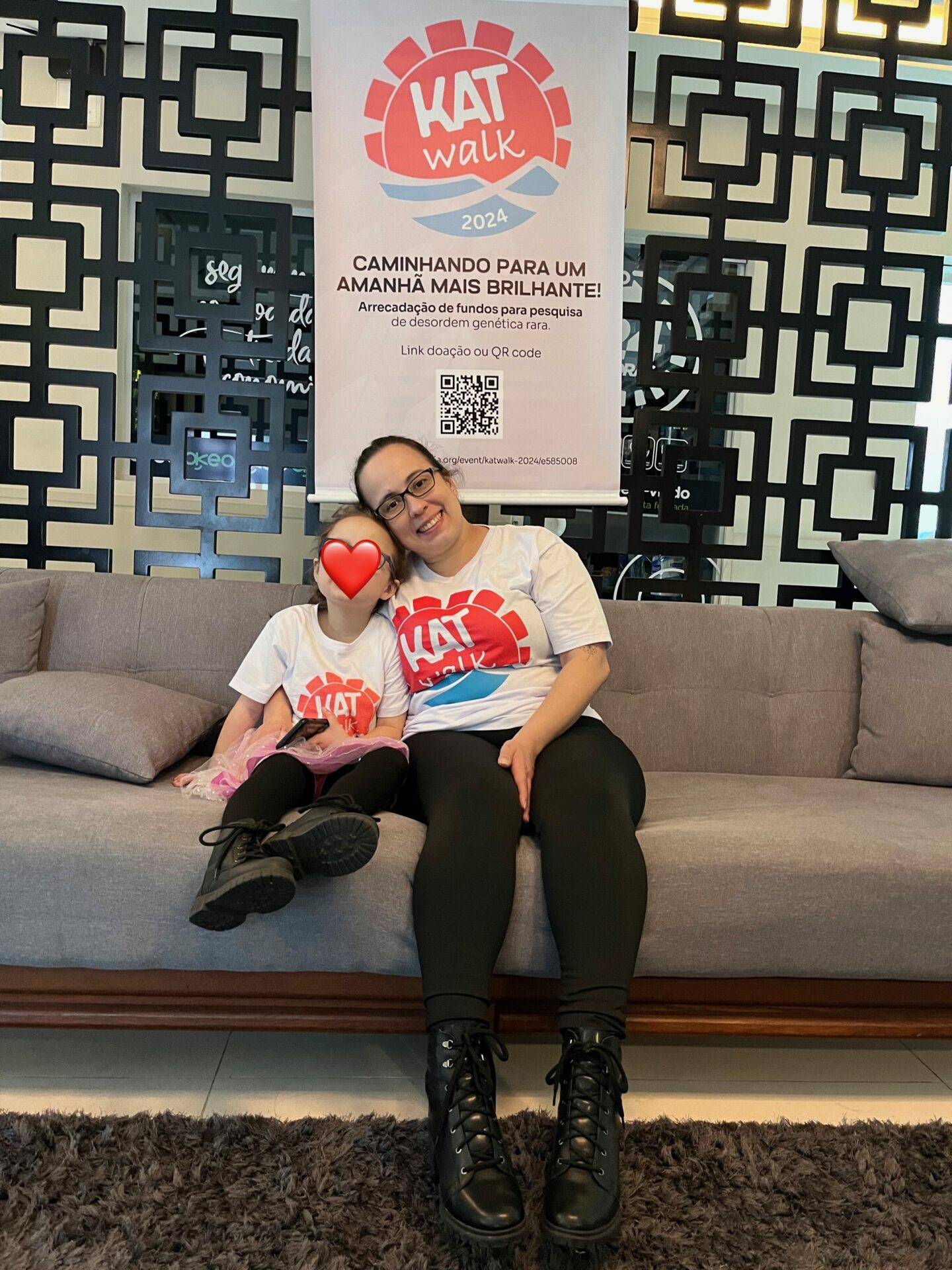Between Motherhood, Science and a Pandemic: through crisis and discovery
Completing a PhD is already a challenge. Navigating the COVID-19 pandemic alongside it added layers of complexity. The pandemic affected nearly every aspect of society, altering our relationship with time, space, and, most importantly, priorities. Academia was not spared: institutions closed, experiments halted, data collection postponed, and funding cut. Everything that could be interrupted was suspended during the pandemic — experiments, data collection, research. But as the Brazilian singer Cazuza sings, “time… time does not stop”.
If completing a PhD amid a pandemic was already difficult, balancing all that with motherhood is being an even greater challenge. Even before the pandemic, academia imposed disproportionate challenges on researcher-mothers, normalising overload, demanding constant productivity, and ignoring the realities of motherhood. With social distancing and the accumulation of domestic responsibilities, that balance became even more unattainable. The patriarchal paradox of motherhood had never been so evident: “work as if you had no children to raise and raise your children as if you had no work to do”. It is an impossible equation. With childcare centres and schools closed — even to protect the children — the pandemic erased any separation between work, personal life, and motherhood, making the mental and emotional burden even more exhausting, not just in academia.

Ichthyology lab guest visitor exploring her hands! Photo © Fernanda Rocha
And just like time, Cazuza, life does not stop either. While many were able to retreat into remote work and reorganise their routines to maintain productivity, academic mothers had to sacrifice study and rest hours to care for their children and manage the emotional load of a pandemic that affected them as well. The exhaustion was not just physical but also emotional and psychological. And the burnout came not only from the workload but from the constant feeling of owing something to someone: to the thesis, to the family, to the children, and most of all, to oneself. The concept that academic success requires total and unrestricted dedication clashed head-on with the reality of motherhood, where unpredictability is the only constant. And that unpredictability of motherhood struck me like lightning in the middle of a storm.
I began my PhD program at PUCRS in March 2020, when my daughter had just turned two and was one-year post-heart surgery. Mariana’s first year was marked by multiple and prolonged hospitalisations in the paediatric ICU, all due to respiratory issues poorly understood by doctors. Her baseline oxygen saturation was low, rarely above 90-92% in room air, she had frequent apneas that caused her to faint and turn cyanotic. With no explanation for what was happening, my parents and I performed every rescue manoeuvre we knew, including cardiopulmonary resuscitation. We brought her back eight times. Yes, read that again: we brought her back eight times! The surgery that changed our lives happened just five days after the diagnosis of a rare congenital heart defect—double aortic arch—which explained all her respiratory issues. Given this medical history, I was even more cautious about COVID-19, as I needed to leave behind all those days and nights in the ICU with my daughter in a respirator.

Nursing in the ICU in my first Mothers’ Day. Photo © IUCN nurse

First night after the life changing heart surgery. Photo © Fernanda Rocha
For much of the pandemic, it was just the two of us. I attended countless PhD lectures while nursing her, hoped her naps would last long enough for me to present seminars, completed academic work, and submitted funding proposals (including SOSF’s) in the middle of the night while she slept. And since neither life nor time stopped, the challenges continued, taking on new forms.
The greatest of them was her delayed speech—another enigma. Was it a consequence of prolonged intubation? An emotional impact of hospitalisations or the pandemic? Still during the pandemic, when she was two and a half, we started weekly speech therapy and psychotherapy sessions. But the researcher-mother in me kept searching for answers, and so we consulted various medical specialists until we got to Genetics. Only with whole-exome sequencing did the pieces finally fit together, and in March 2024 we got the diagnosis: Arboleda-Tham Syndrome (ARTHS or KAT6A), caused by a mutation in the KAT6A gene. Described only in 2014 and with around 350 known cases to date, KAT6A remains a mystery to medicine—and even more so to me. What does this mean for my daughter’s future? How can I prepare for challenges that even science does not yet fully understand? Answers are scarce. Motherhood is truly unpredictable… and life and time, definitely do not stop!

At KAT walk 2024, KAT6 Foundation annual fundraising event “Walking for a brighter tomorrow”. Photo © Elaine Eckhoff
Much is said about theories, methodologies, experiments, data, results, and publications, but little about the people who conduct research. One of COVID-19’s lasting legacies is the urgent need to acknowledge individual trajectories, personal struggles, and how social identity, gender, and motherhood intersect in academia. How do the identities of woman, mother, and PhD student coexist? How can academic demands be balanced with motherhood? How does academic culture engage (or fail to engage) with these issues?
The legacies of COVID-19 extend far beyond the published papers about the virus. They live in the exhausted bodies of those who survived, in the transformed family dynamics, in the invisible scars left by academic burnout, and, above all, in the resilience of those who kept going. The completion of my PhD thesis is not just the result of an intellectual journey but of a human journey—marked by challenges, choices, and the relentless pursuit of balance between motherhood and science.
For more information on KAT6A, or if you would like to make a donation to support the international KAT6 community, visit the following link.
